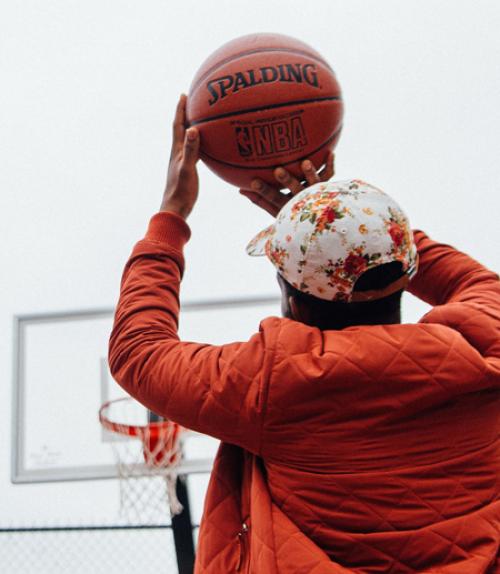Say you’re the coach of a basketball team that’s trailing by two points in the dying seconds of a game. Your team has the ball and you call a timeout to set up a play.
Or imagine your football team has just scored a touchdown with three seconds to play to pull to within one point. Instead of immediately sending out the placekicker for the point-after, you call your final timeout to discuss your next move.
In both cases, there are options that will either win the game or tie the score and send the game into overtime. A made three-point shot to beat the buzzer will send your team joyously into the locker room; a successful two-point conversion will do the same for your football team.
Of course, if you choose the option that could potentially win the game without overtime, the other side of that coin is sudden defeat. As it turns out, the specter of losing on the spot – and the blowback a losing coach might face in that situation – is enough to lead most to take their chances in overtime.
The willingness to take that chance is called “sudden-death aversion” (SDA), and it’s the topic of a new study co-authored by Tom Gilovich, the Irene Blecker Rosenfeld Professor of Psychology. “Sudden-Death Aversion: Avoiding Superior Options Because They Feel Riskier” was published Jan. 15 in the Journal of Personality and Social Psychology; the authors also wrote an op-ed piece for The New York Times.
Co-authors are Jane Risen, Ph.D. ’07, professor of behavioral science in the University of Chicago’s Booth School of Business; Jesse Walker, a graduate student in Gilovich’s lab; and Richard Thaler, professor of behavioral science and economics at the Booth School, former professor of economics in the Johnson Graduate School of Management (1978-95), and 2017 winner of the Nobel Memorial Prize in Economic Sciences for his contributions to behavioral economics.
The idea for the research began with unpublished work on SDA that Thaler did in the 1980s. Gilovich and Thaler share a love of sports, and as Cornell colleagues would have wide-ranging discussions, sometimes while playing tennis.
“And as empirically oriented behavioral scientists, you look at a behavior and say, ‘Well, that makes sense,’ while other stuff doesn’t,” Gilovich said. “So we’d take note of the stuff that didn’t make sense and we were always talking about it, often in the context of sports but sometimes in the context of other things, like blackjack and investing and so on.”
The authors argue that the phenomenon of SDA reflects a common bias, not limited to sports, that can lead to less than optimal decision-making: When faced with a choice between a “fast” option that offers a greater chance of ultimate victory but also a significant chance of immediate defeat, and a “slow” option with both a lower chance of winning and a lesser chance of immediate defeat, people often opt for the “slow” option because of their aversion to sudden death.
But in so doing, the authors state, they also lower their chances of ultimate success. Gilovich, a longtime fan of the Green Bay Packers, knows this all too well: The paper opens with the story of the Packers’ overtime loss to the Arizona Cardinals in the 2016 National Football League playoffs, in which the Packers scored on the final play of regulation time, opted to kick the point-after to send the game to overtime, and promptly lost.
SDA is tied to another phenomenon, myopic loss aversion – too much focus on the potential for sudden loss while giving too little weight to the ultimate objective. It’s the coach focusing on the agony of a failed two-point conversion, even though statistically, the authors contend, the chances of winning are better with the riskier two-point try.
The researchers mined all sorts of data, crunched numbers and came to this conclusion: Even when a “fast” strategy has better odds of success, people prefer a slower alternative that minimizes the chance of immediate defeat.
“SDA occurs,” they wrote, “because people narrowly focus on the possibility of immediate defeat and believe immediate defeat is especially likely when other ‘safer’ strategies are available. We suggest that … an aversion to sudden death can lead you to feel that a strategy with better odds is riskier, and thus give rise to suboptimal decision-making across a host of important contexts.”
This story also appeared in the Cornell Chronicle.




